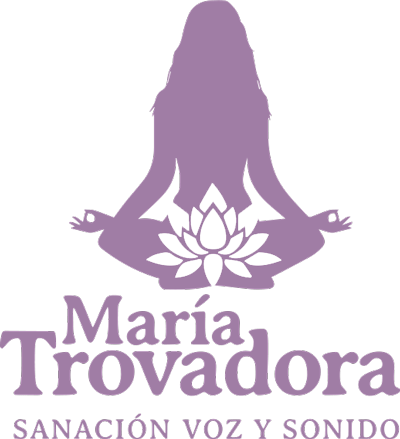In the Middle Ages there were also troubadour women, the trobairitz, who were essential to understand medieval literature, but who disappeared from most studies.
Like the meigas in Galice, Spain, who “habelas hailas” (it means that they witches exist), the trobairitiz “exist existed” and sang to the freedom of women and the expression of love. And they did it 9 centuries ago. They were a small group of dazzling poetesses who composed and sang their poems, all between love, desire and longing.
In general, the trobairitz were of noble origin and were women married to noblemen from the Provencal area (whose language was Languedoc). They were found in the south of France, north of Italy, but also in areas of Spain such as Catalonia or Navarra. The main novelty that they provide is that for the first time the woman would claim the affection of her beloved, she declared herself to the man, something that was very transgressive for the time. It was a time when there was a lot of female freedom among the population. That there was a lot of female freedom means that they lived being true to themselves, not imitating or equaling men or fighting against them. Love was a very great value. The name of trobairitz (or troubadours) derives from the Latin trovare (in French “trouver”), which means to find. It refers to the talent of finding the right words to talk about Love. The troubadour women or trobairitz were poets of courtly love and also feudal ladies. They made politics through poetry. It was the trobairitz courts that marked the sign of Occitan political culture as a whole in the 11th, 12th and 13th centuries.
We heard more from troubadour men than from troubadour women. The trobairitz were not understood. They were not understood because they were transgressive and because they dealt with topics (such as adultery) that others did not dare to deal with. It was even said that they did not exist and that they had been a literary invention of the troubadour men. But that’s not true. They had the gift of the word, the word that breaks the spell, the accurate word that transforms reality. They had the power to be free women and they placed themselves in another place, in another way of feeling and interpreting the world, in another symbolic order, another order of meaning of life and relationships. The troubadour culture, specifically the troubadour women, is also associated with the Cathar women, who were very close to them.
What counted for troubadours was Love, the loving conversation, the culture of Love as a civilizing force, as the only energy in the world capable of creating and sustaining relationships between human beings, they understood that love is what improves to the human being. Lovers in conflict turned to a troubadour women, who was respected for her ability to generate authority. She acted to help and resolve the conflict or crisis. And he turned it into poetry and song.
This phenomenon of the troubadour women is not an isolated event, it had a great impact on society, although they were also persecuted in the crusade against the Albigensians, like the Cathars, their memory persists to this day.







